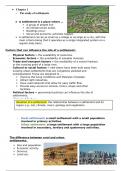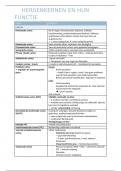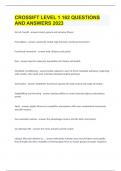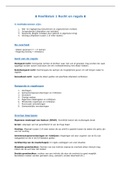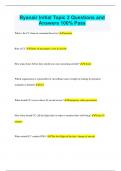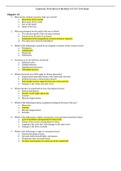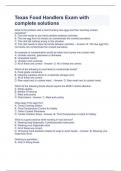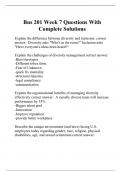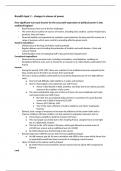Samenvatting
Rural & Urban settlement - Geography GR12 summary/notes.
- Vak
- Instelling
This document contains notes and summaries made from the " FOCUS Geography" textbook which summarizes: Chapter 1 study of settlements; chapter 2 rural settlements; chapter 3 rural settlement issues; chapter 4 urban settlements; chapter 5 urban hierarchies and chapter 6 urban structures and pattern...
[Meer zien]
